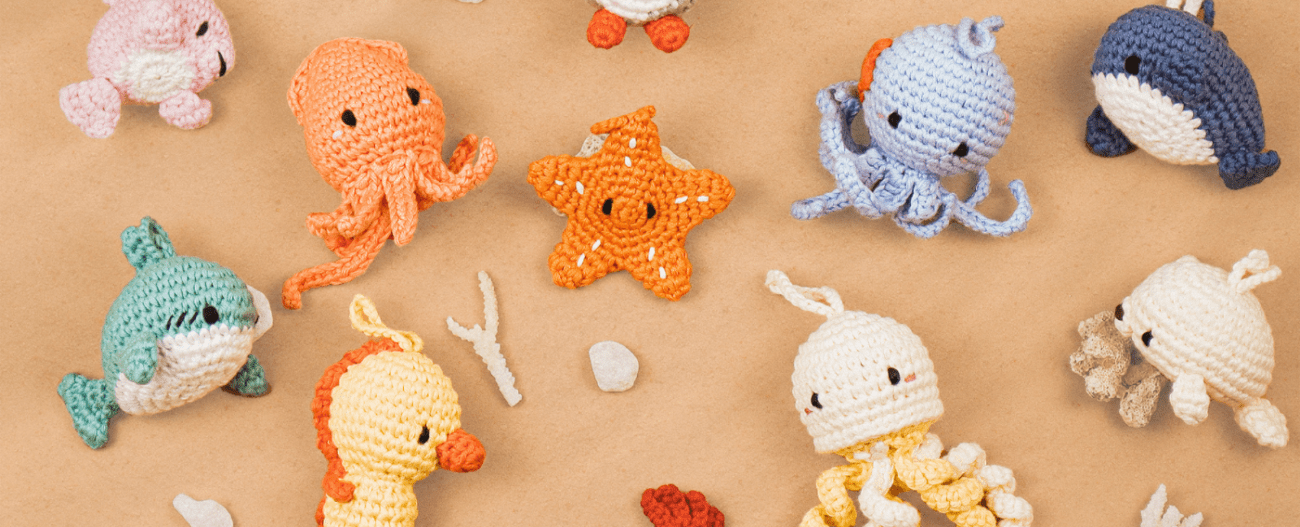Creating a structured routine for your little one can be a game-changer in early childhood development. As parents, we often seek ways to foster our children’s growth and well-being. Establishing a routine is one of the most effective strategies to achieve this goal. In this blog post, we’ll delve into the importance of routine in early childhood development and practical tips to help you create a balanced daily schedule for your child.
Why Routines Matter in Early Childhood
1. Supports Cognitive Development
Routines play a significant role in cognitive development. Regular activities like reading time, playtime, and bedtime routines help reinforce neural connections in a child’s brain. Structured routines provide repeated opportunities for learning, which can enhance memory, attention, and overall cognitive abilities.
2. Fosters Healthy Habits
Establishing routines can foster healthy habits from a young age. This includes regular meal times, adequate sleep, and consistent hygiene practices. Healthy habits formed in early childhood often persist into adulthood, setting the foundation for a lifetime of well-being.
3. Encourages Independence
When children know what comes next, they can start performing tasks independently. Simple routines, such as putting away toys (like their favorite crochet plushie) after playtime or washing hands before meals, teach responsibility and self-reliance.
How to Establish a Routine
1. Create a Daily Schedule
Start by creating a daily schedule that includes all essential activities: waking up, meals, playtime, naps, and bedtime. Make sure to incorporate flexibility to adapt to your child’s needs and changes in the day.
2. Use Visual Aids
For younger children, visual aids can be incredibly helpful. Create a visual schedule with pictures representing different activities. This makes it easier for them to understand and follow the routine.
3. Incorporate Playtime
Playtime is crucial for early childhood development. Ensure that your schedule includes ample time for free play, where children can explore and use their imagination.
4. Consistent Bedtime Routine
A consistent bedtime routine is vital for good sleep. Activities such as reading a book, and cuddling with their favorite crochet plushie can signal to your child that it’s time to wind down and prepare for sleep.
Tips for Maintaining a Routine
1. Balance Consistency with Flexibility
Maintaining a routine requires a balance of consistency and flexibility. Consistency helps your child become accustomed to the routine, providing a sense of stability. However, it’s important to remain flexible and adapt to changes when necessary. Life can be unpredictable, and adjusting the routine while maintaining the overall structure ensures it remains effective and manageable.
2. Involve Your Child
Involve your child in creating the routine. Let them choose certain activities or decide the order of some tasks. This involvement can increase their enthusiasm and cooperation.
3. Be Patient
Patience is essential when establishing and maintaining a routine. Children may resist changes initially or take time to adapt to new schedules. Stay calm and persistent, giving your child the time they need to adjust. Understand that building a routine is a gradual process.
4. Use Comfort Items
Comfort items, such as our organic cotton crochet plushies, can play a significant role in routines. Having a familiar toy during transitions, bedtime can provide additional comfort and stability.
The Role of Organic Crochet Plushies in Routine
Our organic cotton crochet plushies are more than just toys. They can become an integral part of your child’s routine. Here’s how:
1. Comfort and Familiarity
Having a familiar plushie can provide comfort and a sense of security, especially during bedtime or nap time. The soft texture can help soothe your child.
2. Encourages Imaginative Play
Incorporate plushies into imaginative playtime. They can become characters in your child’s stories, enhancing their creativity and social skills.
3. Teaching Responsibility
Incorporating plushies into your child’s routine can help teach responsibility. Simple tasks, such as ensuring the plushie is tucked in bed foster a sense of responsibility in your child. Small, manageable responsibilities can help your child learn the importance of taking care of their belongings and develop a sense of accountability.
Conclusion
Establishing a routine in early childhood is essential for cognitive development, healthy habits, and independence. By incorporating comfort items like organic cotton plushies, you can enhance your child’s routine and provide additional stability and comfort. Remember, the key to a successful routine is consistency, flexibility, involvement, and patience.
For more parenting tips, explore our other blogs in the “Parenting” section. Discover our organic cotton crochet plushies collection and find suitable companion for your children.














